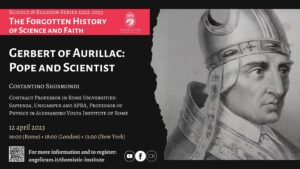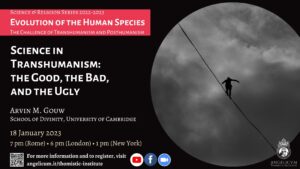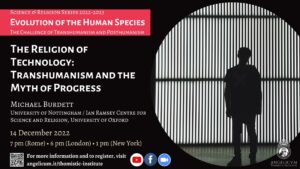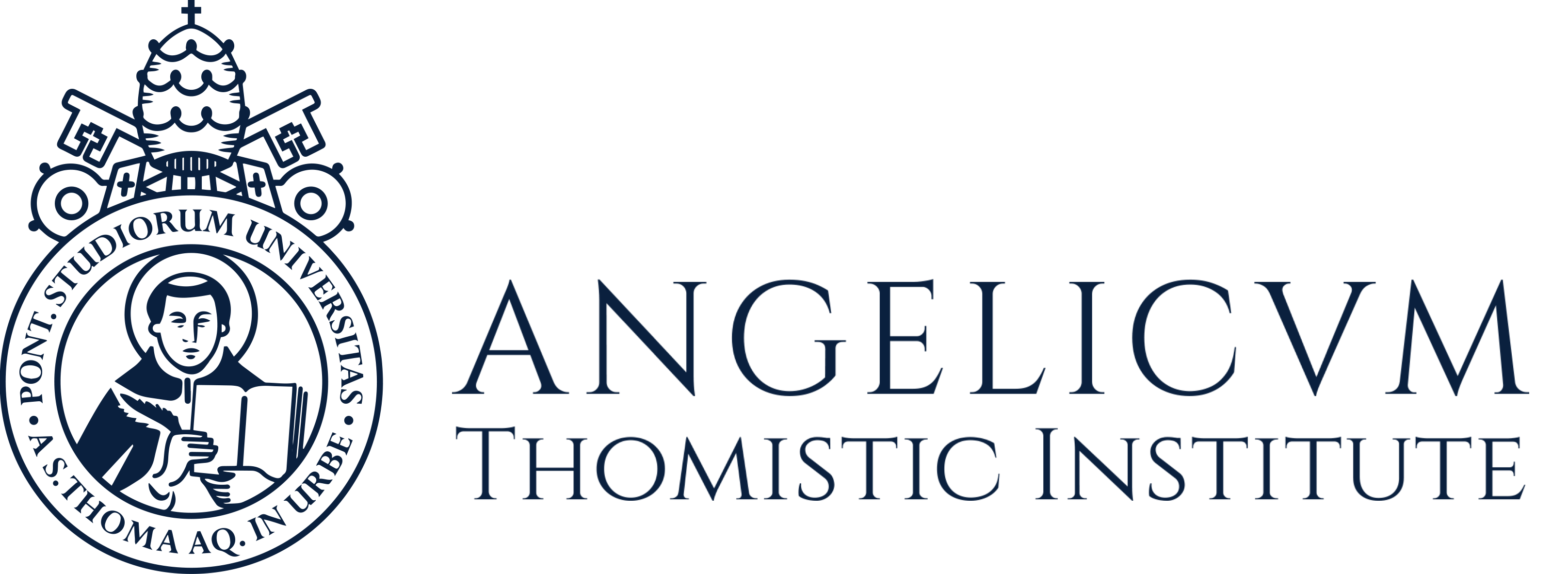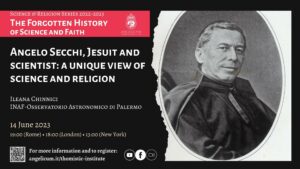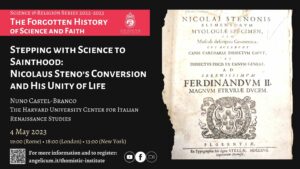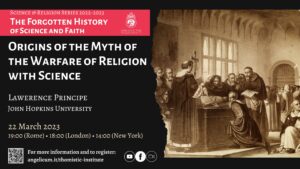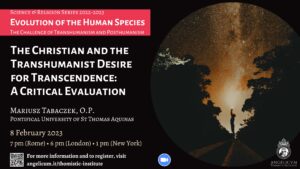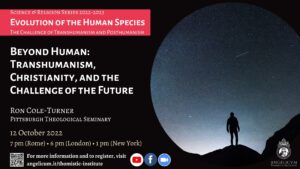Moral Enhancement, the Virtues, and Transhumanism: Moving beyond Gene Editing
Prof. Braden Molhoek
Graduate Theological Union
The desire to amplify existing human capabilities, or to endow humans with new abilities, are some of the goals of transhumanists. Some wish to go further, by taking control of human evolution through technological means to improve humanity or even evolve one or more post-human species. In order for enhancement or transformation through speciation to be possible, certain assumptions must hold true. First, human nature must be malleable, open to change. In the quest to enhance human morality, there is debate over whether virtue can be engineered. In order for this to be possible there has to be a connection between genes and the virtues. Once this connection is established, the question is what specific genetic changes would play a role in enhancing human morality. Genetic changes can be somatic or germline, so the difference between these two will be explored. The final assumption which is one that will be challenged to some extent, is whether gene editing is the best solution or approach for moral enhancement.
Braden Molhoek is Director of the Center for Theology and the Natural Sciences and the Ian G. Barbour Assistant Professor of Theology, Science, Ethics, and Technology at the Graduate Theological Union in Berkeley, California. A double major in Genetics and Religion as an undergraduate at Ohio Wesleyan University, Braden became interested in bioethics and the intersection of science and religion. After receiving an M.T.S. from Boston University School of Theology, he continued his education as a Ph.D. student at the Graduate Theological Union and began working at CTNS. His interests include science and religion, theological anthropology, virtue ethics, gene editing, moral enhancement, AI, and transhumanism.
Related Content
